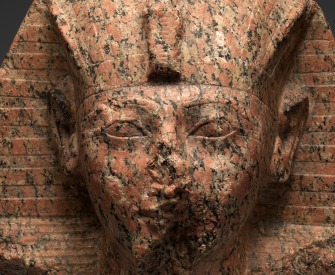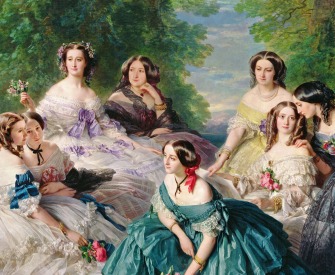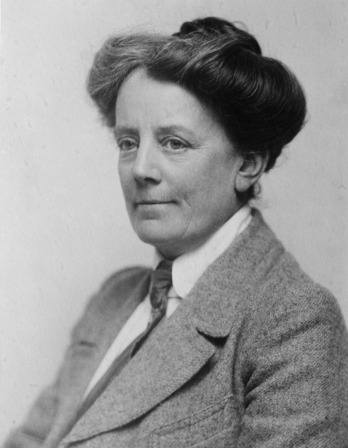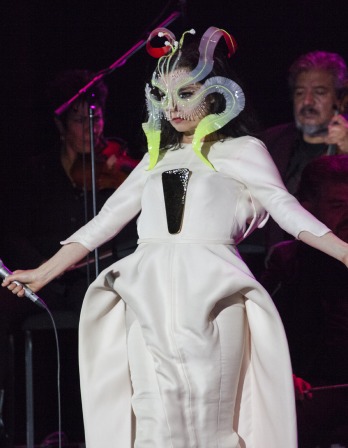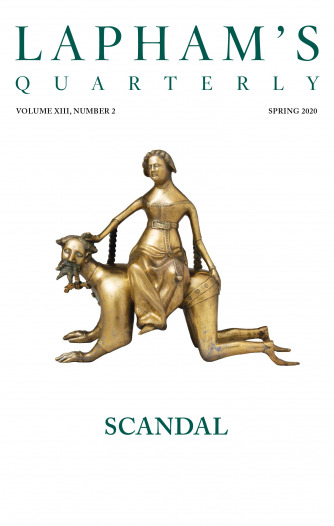Health is in fashion. Girls no longer pride themselves upon painfully pinched feet, spiderlike waists, and a breakfast appetite which can compass nothing more than a sip of coffee and a crumb of toast.
Every form of exercise or recreation that takes girls and women out of doors is a direct power in making the health and happiness of the world. The growing use of the tricycle is a very good thing, and its agreeable features need only to be known to be keenly enjoyed. The first prejudice against it has faded so fast that it no longer exists, except in certain mental corners. The tricycle offers to women the charm of country runs, the attraction of novelty, and the blessing of added strength. But tricycling is not only for the pleasure seeker or the health wooer. It is a practical mode of locomotion. It has already won its place in the parks and suburbs of our large cities, and every lady who has persevered till she has gained strength and
confidence for its extended use is enthusiastic in its praise. The tricycle has come to stay.
Therefore, let us look at the matter of its use practically. The first thing to be considered in the mind of every woman is the fact that “people will look.” Yes, they will, but I have yet to find that they look with any other feeling than admiration and envy—admiration of the fleet three wheel, and envy of its fortunate rider. I have letters from a great many lady riders, and all unite in saying that the “looking” of the uninitiated has not proved the dreadful bugbear that it seemed before it was encountered. In city parks a lady can now always find other tricyclists, and plans of runs together can easily be arranged among friends. For where two, or three, or a dozen ride, the grace of popularity is thrown over the exercise, and proves anew the truth of that strong, young adage which has so quickly gained a stable place in the language, “Nothing succeeds like success.”
Minna Caroline Smith, from “The Tricycle for American Women.” More stable than high-wheeled bicycles, tricycles offered women both a mode of recreation and a means of transportation; Queen Victoria bought two in 1881. Susan B. Anthony once said, “Let me tell you what I think of bicycling. I think it has done more to emancipate women than anything else in the world. It gives women a feeling of freedom and self-reliance.”
Back to Issue
